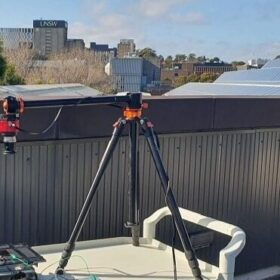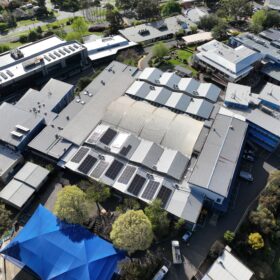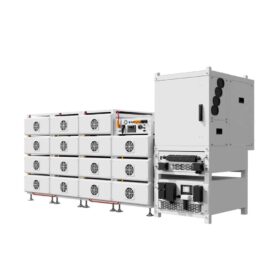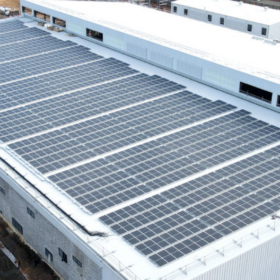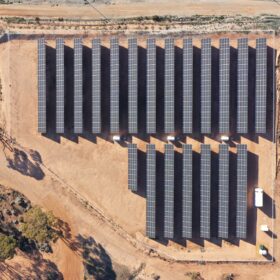Using photoluminescence, implied open-circuit voltage imaging for perovskite solar cell field testing
To evaluate the outdoor performance and stability of perovskite solar cells using contactless and noninvasive methods, an Australian and Chinese research team found a way to use photoluminescence imaging as well as demonstrating a proof of concept for implied open-circuit voltage imaging. Their research relied on cost-effective equipment that operates under direct sunlight.
Malaysian utility unveils hydro-floating solar, hydrogen hubs
Tenaga Nasional Berhad says the newly-announced hybrid hydro floating solar hub and green hydrogen hub will position Malaysia as a regional leader in the green hydrogen value chain.
Four-year outdoor testing shows perovskite cells suffer from high seasonality
Testing conducted by the Helmholtz-Zentrum Berlin in Germany has shown that perovskite solar cells operating at high latitudes in Europe may suffer from higher performance losses in winter compared to conventional PV devices. The scientists warned, however, that at lower latitudes this seasonality may be less pronounced.
Real-time monitoring makes most of rooftop PV
An expanded 199 kW rooftop solar system and energy management system featuring 14 power meters is helping a Victorian college slash its annual energy costs with projections tipping savings of more than $21,000 per annum.
Tesla unveils 80 kW solar canopy at new EV charging site
Tesla has unveiled its largest electric vehicle charger solar canopy in Australia, pulling the wraps off an 80 kW PV array alongside the Pacific Highway in northern New South Wales.
K2 Systems unveils new pitched roof mounting solutions
K2 Systems has introduced two new pitched roof mounting components for residential solar: the SingleHook 3S Light, made of aluminum and stainless steel; and the InsertionRail 2.0, an aluminum mounting rail.
Deye launches C&I power conversion system with battery storage
Deye has developed a new power conversion system optimised for solar integration, with modules ranging from 100 kW to 125 kW. The Chinese manufacturer says the PCS supports flexible system design and targets commercial and industrial applications.
Building contractor launches sustainable practice blueprint
CIMIC Group company CPB Contractors has launched a guidebook targeting its supply chain and sub-contractors to encourage unity in the construction sector to actively reduce emissions and use clean energy solutions.
$20 million greenhouse to reap solar innovation for agrivoltaic sector growth
ClearVue Technologies has joined a $20 million research project aimed at transforming agrivoltaics while generating clean energy using the company’s transparent solar glass technology.
Horizon seeks federal approval for Derby solar and storage plans
Western Australian regional energy provider Horizon Power is seeking a federal green tick for a 21 MW solar-plus-battery storage project designed to help power the coastal town of Derby in the state’s Kimberly region.
